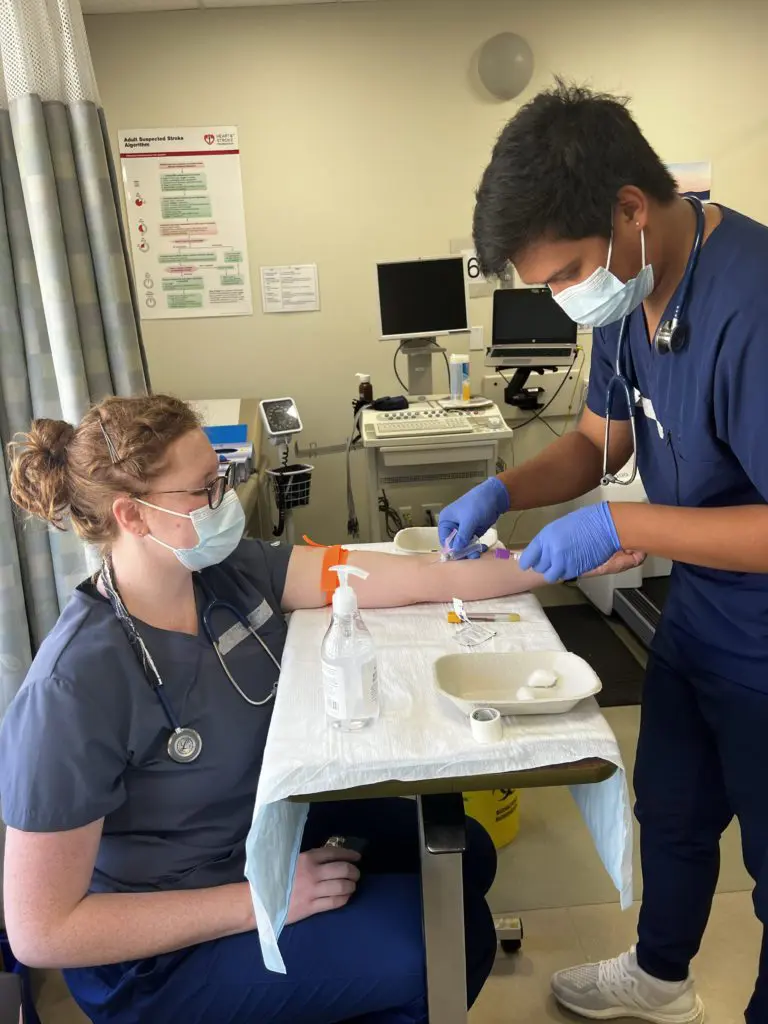Students pursuing cardiology technologist careers will find themselves immersed in a career path with several options to choose from. Graduates may find themselves working side-by-side with doctors, professionals with medical laboratory assistant training and online gerontology training, nurses and a host of other healthcare experts. It’s really the diversity of environments, though, that makes being a cardiology technologist such a flexible career choice.
Here are some of the environments you may find yourself working in after your training:
Hospitals and Clinics
Cardiology technologists are most commonly associated with a clinical setting like a hospital or private clinic. In these professional medical environments, they play a key role in assisting physicians to properly diagnose and treat patients with heart and blood vessel disorders.
Cardiology technologists perform several procedures, such as:
· Electrocardiogram (EKG) tests
· Electrophysiology tests
· Holter monitoring
· Event monitoring
Cardiology technologists can also assist with documentation and record keeping. While it is the doctor who performs invasive procedures such as angioplasty and open-heart surgery, the technologist is involved in these procedures by preparing the patient.
Pharmaceutical Companies and Private Labs
Before new medication can be released on the market, it must be approved by a federal body. Before the approval process can occur, the medication must be tested. Pharmaceutical companies can either perform these tests in-house or hire a private lab to conduct them.
When testing a range of new medication, it is imperative for the drug developer or the contracted lab to monitor how the heart and cardiovascular systems of everyone in the test group react to it every step of the way. Those in the placebo group must be monitored as well.
To ensure the accuracy of the results, both drug companies and private labs need to use professionally recognized equipment operated by trained and qualified professionals. This means hiring cardiology technologists to join their clinical research teams.
The goal of testing is to see if a new medication successfully serves the purpose it was intended for. There is, however, an equally important benefit: discovering any potential side-effects. This is another way that cardiology technologists working as part of teams developing and testing new drugs are helping to save lives.
Sales for Equipment Companies
A potential career path for a trained cardiology technologist that is often overlooked is jobs in sales and customer service. Who better to sell the equipment used by cardiology techs than someone who was trained to use it?
Likewise, there is no one more qualified to offer technical support on heart monitoring equipment then a professional cardiology technologist who also has specific product knowledge supplied by their employer. These professionals are in an excellent position to give advice on how the machines could perform better to colleagues who can make design changes happen.
Working for cardiology equipment manufacturers or retailers is ideal for trained cardiology technologists who have excellent people skills, top-notch communication abilities and an enthusiastic attitude.
Where do you see yourself working as a cardiology technologist?






![An ECG demonstrates the extensive antero-septal-lateral myocardial infarction [heart attack] that Taryn witnessed.](https://stenbergcollege.com/wp-content/smush-webp/2022/12/ecg-1024x530.jpg.webp)



